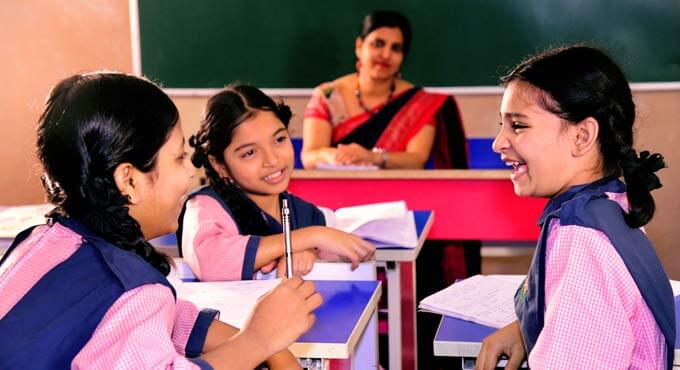'Wrong way to help children': Narayana Murthy strongly criticises coaching classes
Wed 11 Sep 2024, 01:15:41

Infosys co-founder Narayana Murthy strongly criticised coaching classes on Monday. Murthy contended that coaching classes are not an effective means for students to succeed in their exams. He emphasised that students who fail to engage in their regular school classes are often the ones who end up relying on these external classes.
"Coaching classes are the wrong way to help children to pass examinations," says Murthy.
He made these remarks during the launch of Paul Hewitt’s 13th edition of the best-selling book Conceptual Physics by Pearson in Bengaluru.
"As we work to strengthen STEM education in India, it is essential that our students have access to world-class learning resources. 'Conceptual Physics' by Paul G Hewitt is a prime example, emphasising conceptual understanding and real-world applications to make physics more relatable," adds Murthy.
Further, Murthy gave a straightforward answer when asked whether coaching institutes are crucial for securing a spot in esteemed institutions such as IITs and NITs.
"Most people who go to coaching classes don't listen to their teachers carefully in school. And parents, who are often unable to help their children academically, see coaching centres as the only solution," he adds.
He stressed that education should centre on observation, analysis, and hypothesis-testing skills essential for addressing real-world challenges.
"The goal of education is to learn how to learn," Murthy stated, emphasising that comprehension and critical thinking, rather than rote memorisation, should be the foundation of a child's education.
Murthy also discussed how this educational approach could encourage innovation. He recounted a 1993 workshop at Infosys where
a peon asked about the true meaning of innovation.
a peon asked about the true meaning of innovation.
Narayana Murthy said that it was the responsibility of parents to create a disciplined environment at home for children to study.
Responding to a question about how students can maintain focus amidst the distractions of social media and modern entertainment, he said that parents cannot be watching movies while expecting children to focus on their studies.
Murthy shared that he and his wife, Sudha, dedicated over three and a half hours each day to reading with their children, Akshata and Rohan Murty, during their school years. This effort was part of fostering a disciplined environment at home.
From 6:30 pm to 8:30 pm, the family focused solely on reading and studying, with television strictly banned, he said. They would continue studying together after dinner, from 9 pm to 11 pm, reinforcing a culture of discipline.
“My wife's logic was, if I am watching TV, I cannot tell my children to study. So she said, I will sacrifice my TV time, and I will also study,” Murthy explained.
Murthy acknowledged that his work often kept him away from home during the day, but his wife’s decision to forego television and study with their children set a strong example.
This allowed the children to clear their doubts with their parents, though he noted this may not always be possible, as parents may not have the same level of knowledge as their children.
“But that's not as important as creating an environment of discipline in learning. That leadership by example is the responsibility of the parents,” Murthy stressed. “If the parents are going and seeing movies and then telling ‘children, no, no, you study,’ (that won’t work),” he added.
No Comments For This Post, Be first to write a Comment.
Most viewed from Edu and Jobs
AIMIM News
Latest Urdu News
Most Viewed
May 26, 2020
Can Lionel Messi's visit boost Indian football?
Latest Videos View All
Like Us
Home
About Us
Advertise With Us
All Polls
Epaper Archives
Privacy Policy
Contact Us
Download Etemaad App
© 2026 Etemaad Daily News, All Rights Reserved.

























.jpg)
.jpg)
.jpg)


